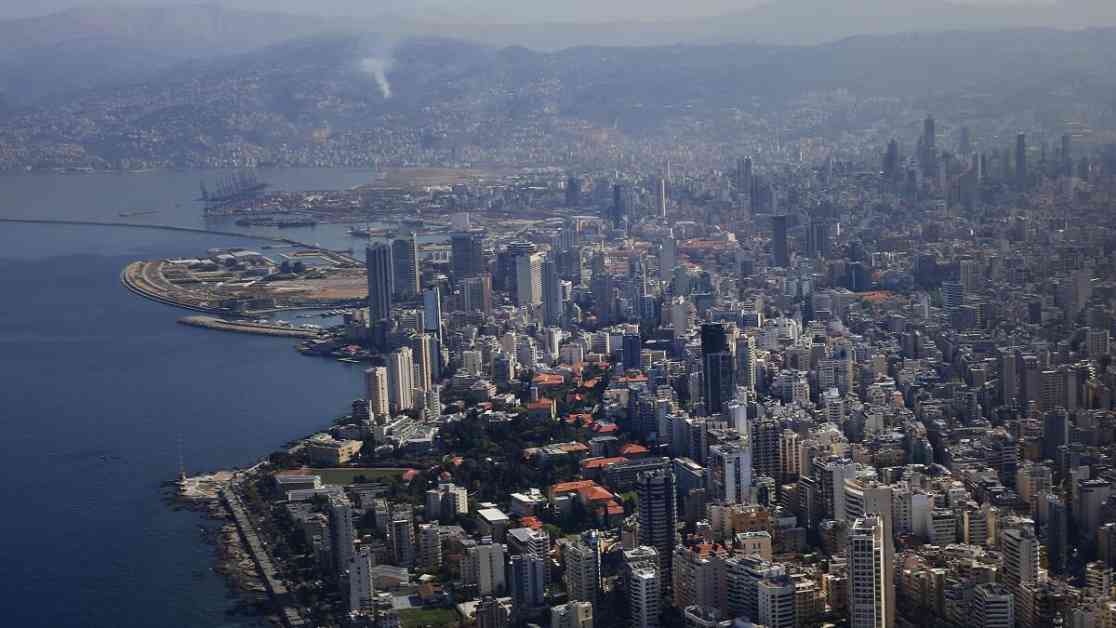Down a serene street in one of Beirut’s upscale neighborhoods, couples enjoy designer cocktails while jazz music fills the air. Waiters calmly recite the evening specials, seemingly unaffected by the sound of bombs in the distance. Just a couple of miles away, Israeli warplanes begin their nightly attacks on the Dahiyeh, a Beirut suburb controlled by Hezbollah. The conflict between Hezbollah and Israel has resulted in significant destruction in Lebanon’s south, with over 2,200 Lebanese casualties and a quarter of the population displaced.
Despite the ongoing conflict, a notable portion of Beirut’s residents feel somewhat detached from the war. For them, the violence is seen as happening “over there.” This phenomenon is common in conflict zones, where people eventually adapt to the situation and strive to return to normalcy. Beirut, with its history of wars and conflicts, experiences this transition relatively quickly, not out of romantic notions of resilience, but due to the harsh reality of living under constant threat.
In the aftermath of Israel’s intensified campaign against Hezbollah, Beirut finds itself in a state between war and peace. The city now operates in a delicate balance, where the difference between safety and danger can be as short as a block. While some parts of the city bustle with activity, others stand deserted, with abandoned boulevards and the remnants of destroyed buildings.
The war has reshaped Beirut’s landscape, rendering certain areas inaccessible due to the risk of Israeli attacks. Additionally, a quarter of a million people from Dahiyeh have sought refuge in downtown and coastal neighborhoods, leading to overcrowding and strained resources. While some have shown reluctance to host the displaced, many have stepped up to help in any way they can.
Community efforts, such as food collectives and restaurants providing assistance, have played a crucial role in aiding the displaced population. Despite the government’s limitations, these initiatives have mobilized volunteers to prepare thousands of meals daily. The spirit of solidarity and compassion has prevailed, with individuals and businesses coming together to support those in need.
One such example is Souq Al-Tayeb, a farmers market turned meal preparation center, which partnered with World Central Kitchen to feed those affected by the Beirut blast in 2020. Similarly, restaurants like Aleb have transformed into soup kitchens to serve the displaced population. The swift response and generosity displayed by these establishments reflect a deep sense of community and shared humanity in the face of adversity.
In times of crisis, Beirut has shown resilience and unity, with individuals from all walks of life coming together to support one another. As the city navigates through this challenging period, the acts of kindness and solidarity serve as beacons of hope amidst the turmoil. The spirit of Beirut endures, standing strong in the face of adversity.



























